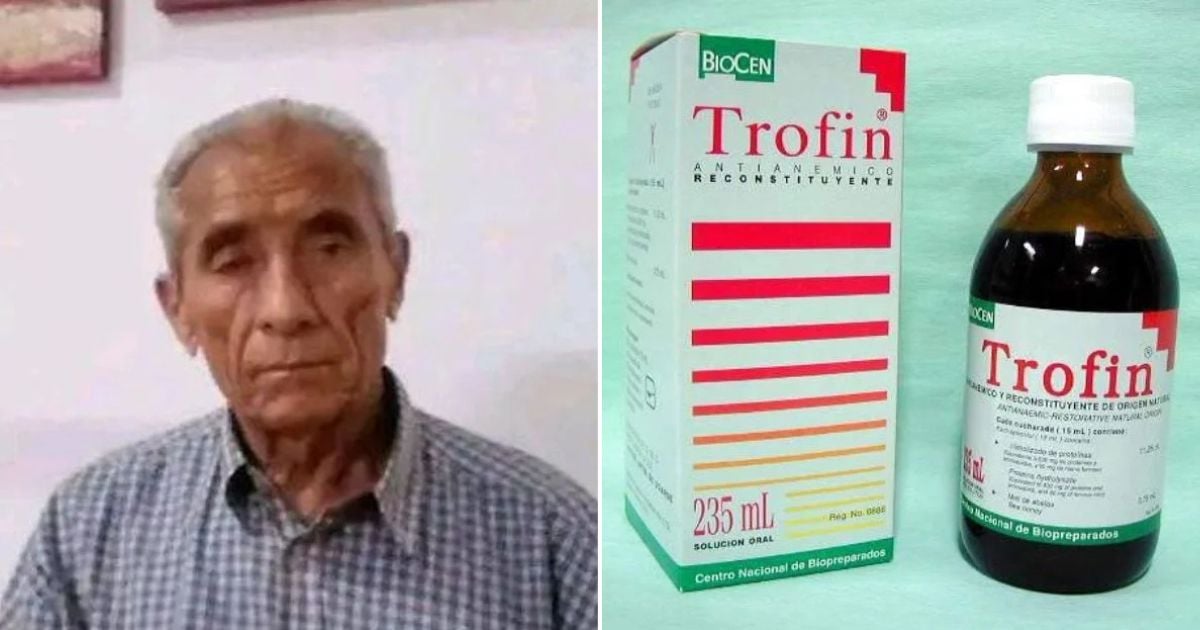Elizabeth González Aznar, the daughter of Dr. Raúl González Hernández, the mastermind behind the renowned Cuban drug Trofin, has spoken out, demanding acknowledgment for her father’s scientific contributions. Dr. González Hernández developed this widely used anti-anemic medication in the 1990s, but his name is absent from the records due to Cuba's intellectual property policies, which assign ownership of scientific works to institutions rather than individuals.
Declared as a registered medicine in 1992 and patented two years later, Trofin has had a significant impact on Cuban healthcare. Despite this, its creator, now retired, faces the indignity of struggling to obtain the medication he developed for his family's needs. Elizabeth González highlighted on Facebook that in Cuba, researchers cannot claim personal ownership of their inventions, restricting recognition to titles such as “author or lead researcher” within an institution.
She argues that this legal framework has left many Cuban scientists, including her father, in obscurity, even when their innovations have made a substantial difference. "My father devoted years to creating Trofin, yet he isn't acknowledged as its owner. In Cuba, scientists are deprived of personal intellectual property rights, rendering their contributions invisible," she lamented.
This situation not only affects her father but also many other researchers in Cuba. While scientists worldwide often receive recognition as the intellectual proprietors of their creations, the Cuban state system prioritizes institutions, relegating the actual creators to the background.
Elizabeth emphasized the critical need to honor the individuals behind scientific advancements: "Cuban scientists have significantly contributed to the nation's development, but they often work in the shadows, without the recognition or rights they deserve for their achievements."
With her public statement, she aims to shed light on the necessity of shifting focus towards recognizing the creators of scientific products in Cuba, advocating for a culture that values individual effort and societal impact. "I will stand up for my father and all scientists who have been overlooked, as their work has not only changed lives but deserves rightful acknowledgment," she concluded.
Understanding Cuba's Intellectual Property Challenges
What is the main issue with intellectual property rights in Cuba?
In Cuba, the intellectual property of scientific innovations is legally owned by institutions, not individuals, which often leaves the actual creators of these works unrecognized.
How has the lack of personal intellectual property rights affected Cuban scientists?
This policy has led to many scientists, like Dr. Raúl González Hernández, being deprived of recognition and rights for their innovations, despite their significant contributions to society.
What does Elizabeth González Aznar hope to achieve with her statement?
She aims to raise awareness of the need for a cultural shift in Cuba that values individual scientific contributions and provides proper recognition and rights to the creators.
